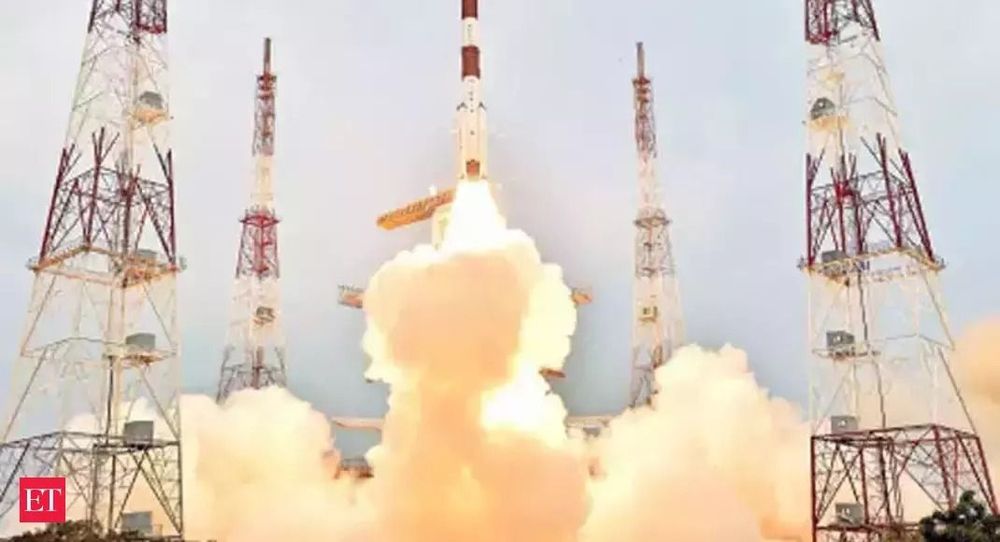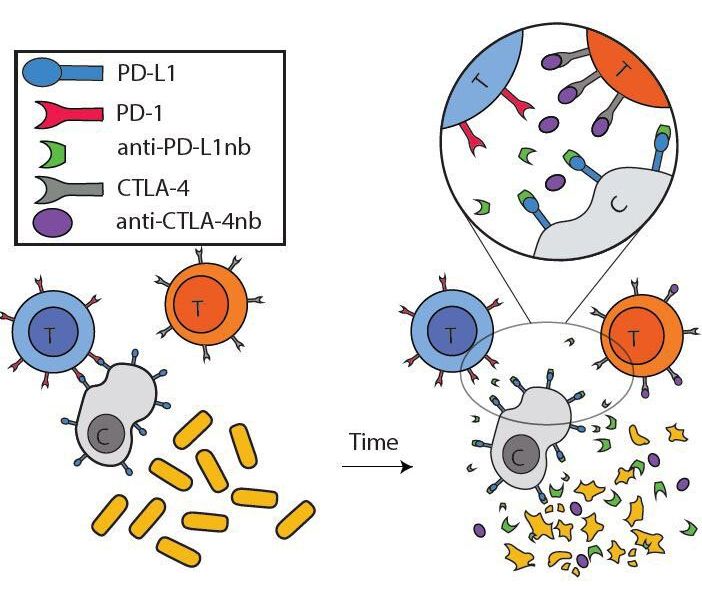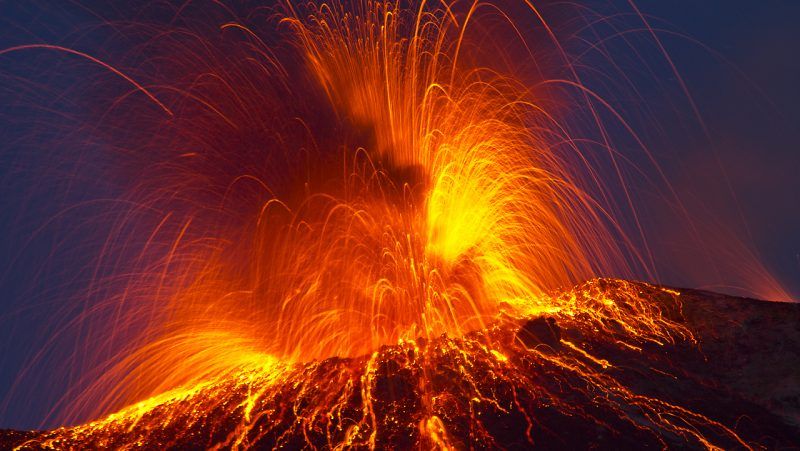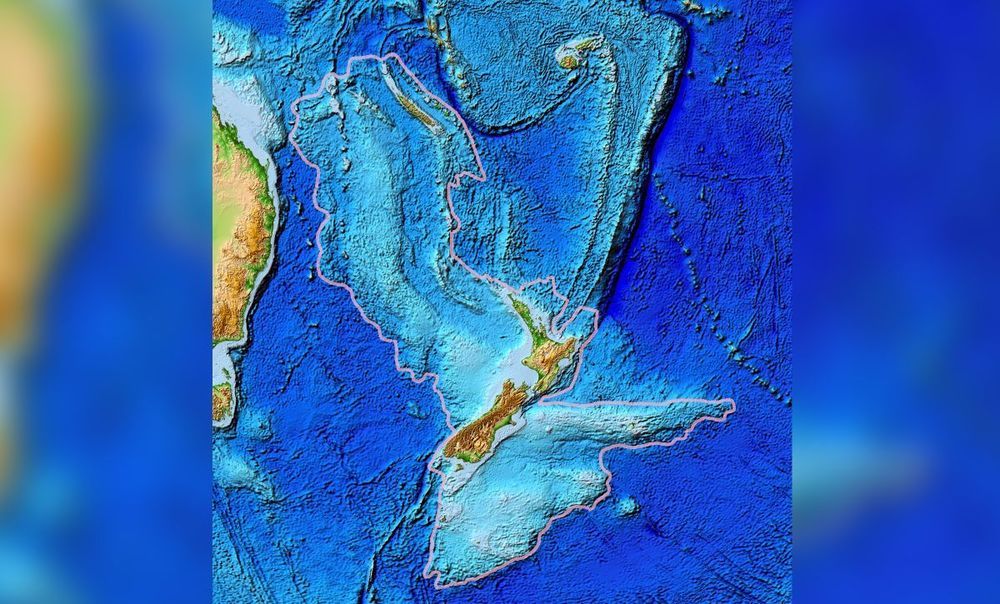Page 7903
Feb 12, 2020
Tabletop storage: Georgia Tech looks to SMASH an exabyte into DNA ‘sugar cube’
Posted by Quinn Sena in categories: biotech/medical, computing, genetics
Georgia Tech Research Institute (GTRI) is looking into ways to speed up DNA-based cold storage in a $25m Scalable Molecular Archival Software and Hardware (SMASH) project.
DNA is a biopolymer molecule composed from two chains in a double helix formation, and carrying genetic information. The chains are made up from nucleotides containing one of four nucleobases; cytosine ©, guanine (G), adenine (A) and thymine (T). Both chains carry the same data, which is encoded into sequences of the four nucleobases.
GTRI senior research scientist Nicholas Guise said in a quote that DNA storage is “so compact that a practical DNA archive could store an exabyte of data, equivalent to a million terabyte hard drives, in a volume about the size of a sugar cube.”
Feb 12, 2020
Samsung Galaxy S20 Ultra 100X Zoom is MIND BLOWING!
Posted by Quinn Sena in category: mobile phones
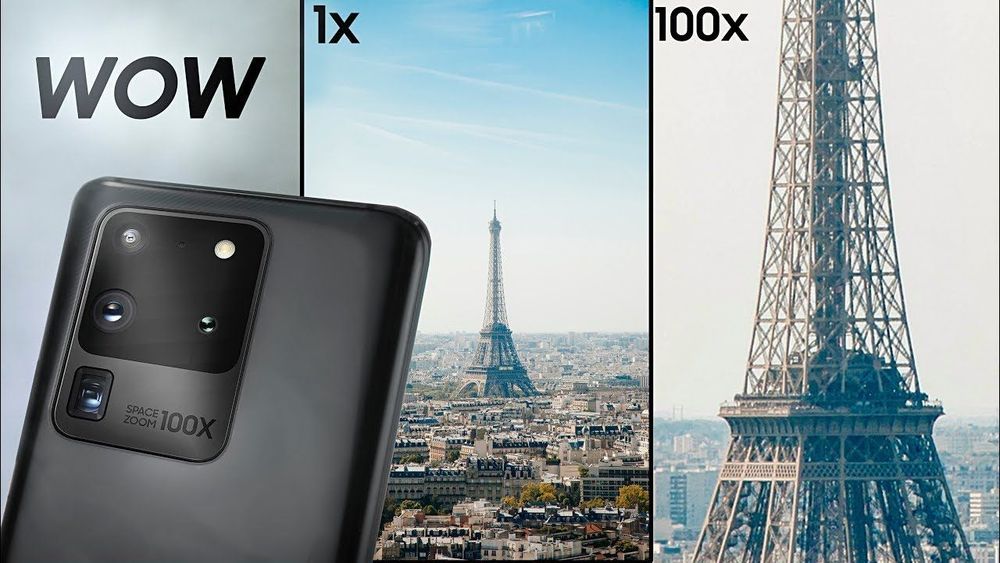
Indoor Zoom test. More Last minute leaks, Galaxy S20 Series Trailer with Full Design, Hands on look & More.
★ Samsung Galaxy Buds Plus GIVEAWAY
Continue reading “Samsung Galaxy S20 Ultra 100X Zoom is MIND BLOWING!” »
Feb 12, 2020
In a first, Ananth Tech will build 6 satellites for foreign customers
Posted by Genevieve Klien in category: satellites
The country has an opportunity to integrate medium-sized satellites, Pavuluri said, because they are designed to last for over five years and companies invest huge sums in building them.
Feb 12, 2020
Disinfecting air from Corona virus with heavy chemical spraying machines in Wuhan and Hubei province
Posted by Fyodor Rouge in category: biotech/medical
Feb 12, 2020
Designer probiotic treatment for cancer immunotherapy
Posted by Paul Battista in categories: bioengineering, biotech/medical
Researchers at Columbia Engineering have engineered probiotics to safely deliver immunotherapies within tumors. These include nanobodies against two proven therapeutic targets—PD-L1 and CTLA-4. The drugs are continuously released by bacteria and continue to attack the tumor after just one dose, facilitating an immune response that ultimately results in tumor regression. The versatile probiotic platform can also be used to deliver multiple immunotherapies simultaneously, enabling the release of effective therapeutic combinations within the tumor for more difficult-to-treat cancers like colorectal cancer. The study is published today in Science Translational Medicine.
Antibodies that target immune checkpoints, PD-L1 and CTLA-4, have revolutionized cancer immunotherapy treatments, achieving success in a subset of cancers. However, systemic delivery of these antibodies can also cause substantial side effects with high percentages of patients reporting adverse reactions. Furthermore, although combinations of these therapies are more effective than single therapy regimens, they also produce severe toxicities, sometimes leading to drug discontinuation. The team, led by Tal Danino, assistant professor of biomedical engineering, aimed to address these challenges.
“We wanted to engineer a safe probiotic vehicle capable of delivering immune checkpoint therapies locally to minimize side effects,” says Danino, who is also a member of the Herbert Irving Comprehensive Cancer Center and Data Science Institute. “We also wanted to broaden the versatility of the system by producing a range of immunotherapeutic combinations, including cytokines that could further elicit antitumor immunity, but are otherwise difficult to systemically deliver because of toxicity concerns.”
Yellowstone’s supervolcano won’t erupt anytime soon. Neither will other similar systems around the world. A new study says we’ll see many warning signs before a supervolcano erupts.
Feb 12, 2020
The lost continent of Zealandia hides clues to the Ring of Fire’s birth
Posted by Nare Khachatryan in category: futurism
The hidden undersea continent of Zealandia underwent an upheaval at the time of the birth of the Pacific Ring of Fire.
Zealandia is a chunk of continental crust next door to Australia. It’s almost entirely beneath the ocean, with the exception of a few protrusions, like New Zealand and New Caledonia. But despite its undersea status, Zealandia is not made of magnesium- and iron-rich oceanic crust. Instead, it is composed of less-dense continental crust. The existence of this odd geology has been known since the 1970s, but only more recently has Zealandia been more closely explored. In 2017, geoscientists reported in the journal GSA Today that Zealandia qualifies as a continent in its own right, thanks to its structure and its clear separation from the Australian continent.
Feb 12, 2020
Wireless Industry Confesses: “No Studies Show 5G is Safe”
Posted by Nare Khachatryan in categories: biological, health, internet
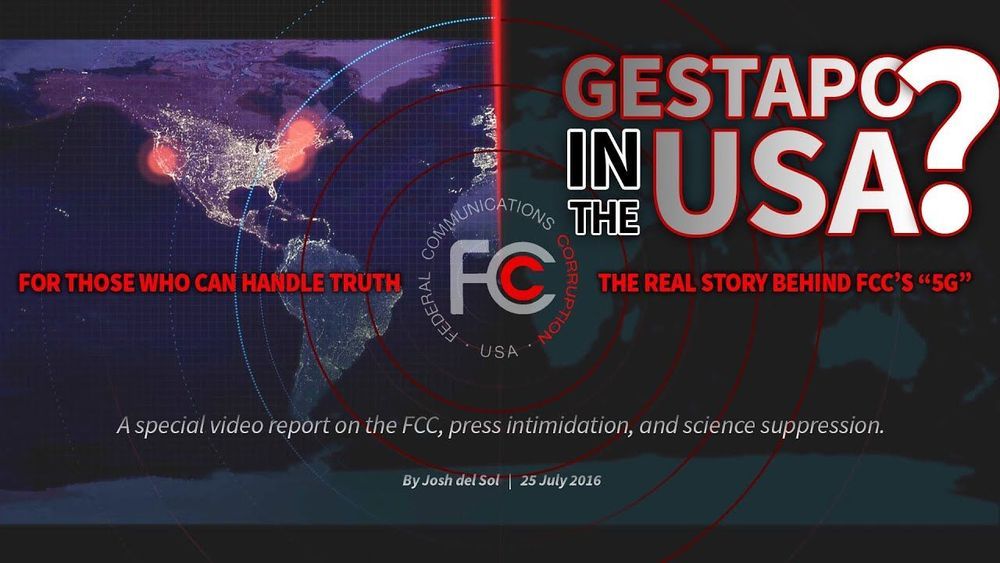
https://youtube.com/watch?v=OMxfffqyDtc
Last week, U.S. Senator Richard Blumenthal grilled wireless industry representatives, who admitted the industry has done ZERO health & safety studies on 5G technology. Meanwhile, dozens of independent studies indicates that 5G is a risk to all biological life. Watch the video above, on YouTube here, or on Facebook here.


